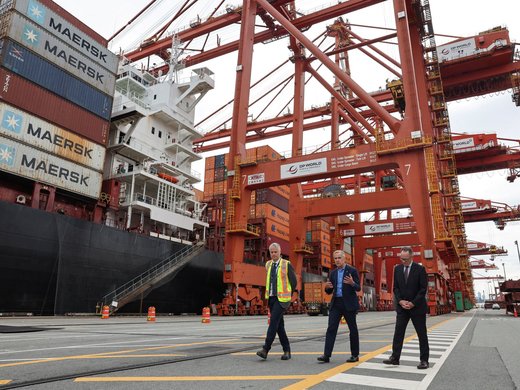A free trade agreement between the United States and the European Union is finally moving closer to reality. While significant challenges remain, strong support in both markets has dramatically improved the likelihood of the deal’s success, shaking the lull created by the demise of the Doha Development Round. The aggregate economic effects of a trans-Atlantic agreement and the risks for those left out may, in fact, work to create sufficient pressure on other trading partners to allow for a resumption of WTO talks. As a result, and almost ironically, the WTO will be given another chance to prove itself as the forum for global trade governance.
While the actions of the United States and the European Union since the onset of negotiations towards the Doha Development Round have done little to indicate a true commitment to a multilateral agenda, the negative impacts of the ongoing shift to bilateral/regional agreements create significant incentives for new efforts to be made through the WTO.


